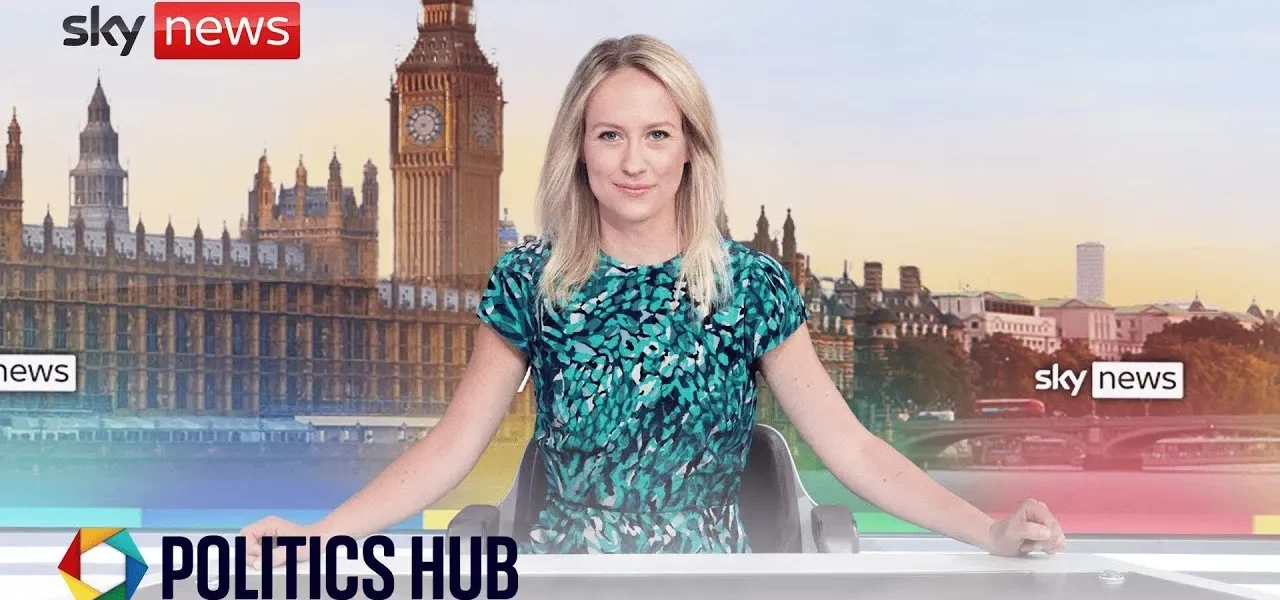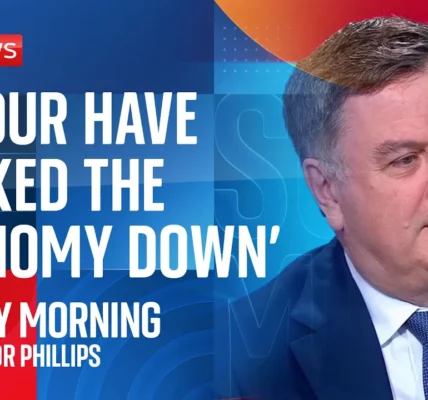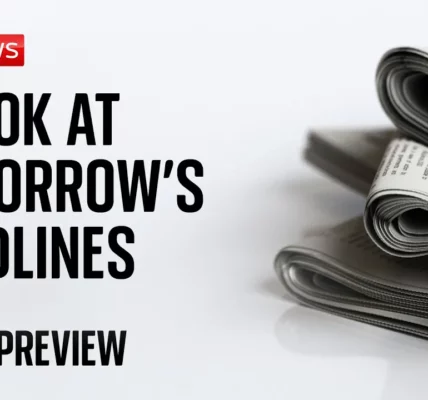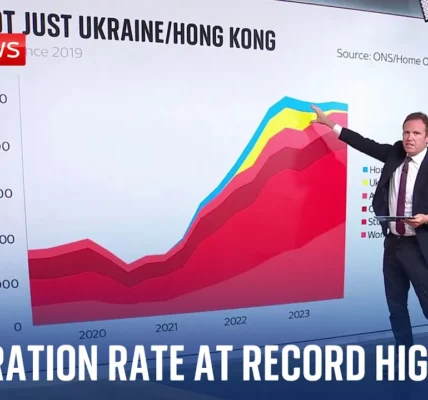UK Politics Hub: Scandals, Economy, and Party Insights

In today’s article, we delve into the intricate world of UK politics, where controversies surrounding the Prime Minister’s gifts and the ongoing economic discussions take center stage. As political parties gather for conferences, the atmosphere is charged with anticipation and uncertainty, making it essential to explore the underlying themes and implications of these unfolding events.
Introduction
The political landscape in the UK is currently rife with challenges, from scandals surrounding the Prime Minister’s hospitality to the tension within political parties as they prepare for their respective conferences. The implications of these events stretch beyond mere headlines, affecting public perception and the stability of the government. As we analyze the recent developments, we will uncover how these issues impact the broader political narrative and what they mean for the future of UK governance.
Current Political Climate
Prime Minister’s Hospitality Scandals
Recently, Prime Minister Keir Starmer has faced scrutiny over the gifts and hospitality he has accepted since taking office. Critics argue that the number and value of these gifts raise questions about transparency and integrity in leadership. Some of the key points include:
- Starmer’s acceptance of high-value gifts has become a focal point for opposition parties, who accuse him of cronyism.
- Public sentiment is mixed, with many questioning the appropriateness of such gifts while the nation grapples with economic challenges.
- Calls for reform of the rules governing political gifts and hospitality are gaining traction, emphasizing the need for greater accountability.
Impact on Public Trust
The controversies surrounding Starmer’s actions are detrimental to public trust in politicians. This erosion of confidence can lead to significant ramifications, including:
- Increased scrutiny from the media and opposition parties.
- Potential calls for resignations or changes within the Prime Minister’s team.
- A decline in public support, which can affect future elections and policy implementations.
Economic Discussions and Interest Rates
Bank of England’s Decision on Interest Rates
Amidst the political turmoil, the Bank of England has chosen to maintain interest rates at 5%, despite contrasting actions from the US Federal Reserve and the EU. This decision reflects a cautious approach to managing inflation and economic stability. Key considerations include:
- The decision was almost unanimous, indicating a consensus among monetary policy committee members.
- Inflation remains a pressing issue, necessitating careful monitoring and adjustment of economic policies.
- The potential for future rate cuts hinges on observable improvements in inflation metrics.
Economic Implications for the Public
With interest rates holding steady, the implications for the average citizen are significant. Households are facing:
- Higher mortgage rates as existing fixed-rate deals expire.
- Increased financial pressure on low-income families, particularly in light of rising living costs.
- Concerns over future economic growth and job security as businesses adjust to the economic climate.
Party Conferences and Political Strategies
Reform UK and Nigel Farage’s Announcement
As Reform UK holds its party conference, Nigel Farage’s decision to step down from party ownership raises questions about the future direction of the party. Insights include:
- The party has gained a notable share of the vote in recent elections, signaling a shift in the political landscape.
- Calls for a more democratic structure within the party may influence its strategies moving forward.
- The impact of leadership changes on voter perception and party unity remains to be seen.
The Role of Political Advisors
With increasing media attention on political advisors, the dynamics of power within political offices are shifting. Key takeaways include:
- Advisors, such as the Chief of Staff, are now frequently in the limelight, raising concerns about their influence on policy and public image.
- When advisors become the story, it often indicates deeper issues within the political structure.
- Strategies for managing public relations and internal communications are crucial for maintaining government credibility.
Conclusion
As we navigate through the complexities of current UK politics, it is evident that the intertwining of scandals, economic challenges, and party dynamics will continue to shape the narrative. The pressing need for transparency and accountability remains at the forefront of public discourse. As political parties prepare for their conferences amidst these challenges, the focus must shift towards addressing the genuine concerns of the electorate. We encourage readers to stay informed and engaged in the political process, as every voice matters in shaping the future of governance in the UK.
For more insights and analysis on UK politics, explore our related articles on political integrity and economic policies.
“`




